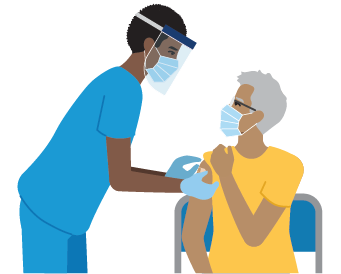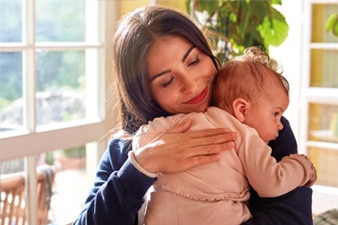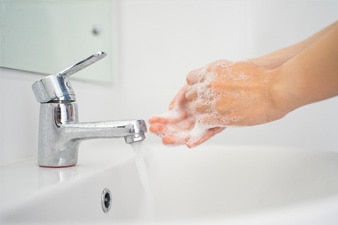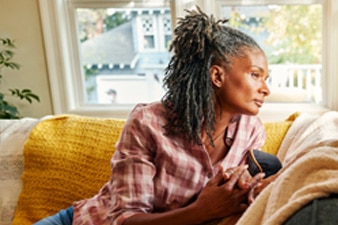The COVID-19 vaccine, tests, and treatment are covered differently based on your plan’s benefits:
COVID-19 vaccine: It’s covered at no-cost.
Self-tests (or home antigen tests): If you’re a Medicaid beneficiary, these tests are covered at no cost. For most other plan members, these tests are not covered.
COVID-19 PCR test: If you’re a Medicaid patient, PCR tests are covered at no cost. For all other plan members, you’ll pay some costs, depending on your plan.
COVID-19 treatment: If you’re a Medicaid patient, treatment is covered at no cost. For all other plan members, you’ll pay some costs, depending on your plan.
Out-of-network COVID-19 services: If you’re a Medicaid patient, out-of-network COVID-19 care is covered at no cost. For all other plan members, the vaccine, tests, and treatment received outside of Kaiser Permanente are covered only if part of urgent or emergency care, if legally required, or if your plan includes out-of-network coverage.
Sign in to your account to see your Evidence of Coverage or other plan documents for details about your coverage.







